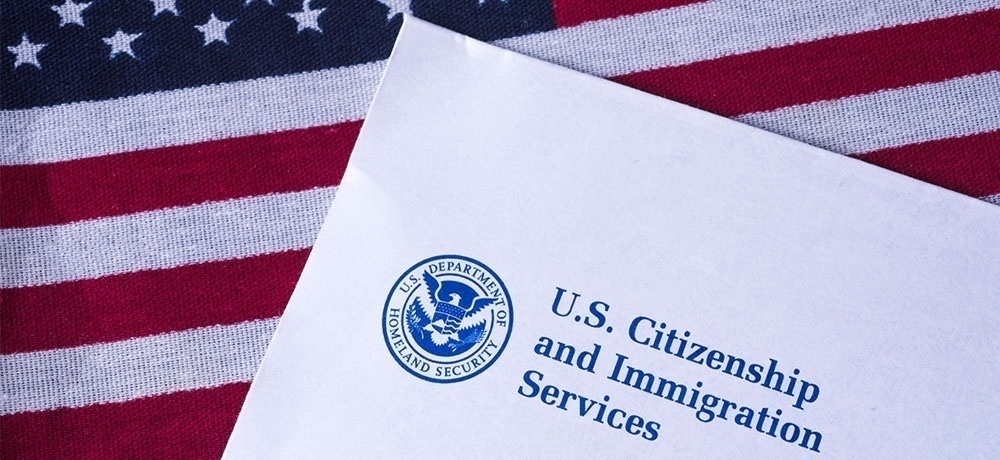
USCIS Announces Fee Adjustments to Various Petitions & Also Adjusts Premium Processing Service Timeline
Categories: Attorneys , Business Immigration , Business Law , Citizenship , Citizenship Green Cards , Commercial Litigation , Commercial Transactions , Corporate Law , Green Cards , Immigration Law , International Law , Investment Visas , Law Firm , Lawyers , Legal Services , Real Estate , Software Agreements , Technology Law , Trusts And Estates
Link: https://www.uscis.gov/news/news-releases/uscis-adjusts-fees-to-help-meet-operational-needs
Pasricha & Patel
The Department of Homeland Security and the USCIS have announced that it is implementing changes to the USCIS fee schedule. More specifically, DHS is adjusting USCIS fees by a weighted increase of 20 percent; and adding new fees; and also making other changes, such as revising some forms, and also changing the premium processing time from 15 calendar days to 15 business days.
It is also introducing the option of paying less fee if the applicant were to file certain petitions via online filing option (i.e. Form I-90, I-130, I-539, and N-400).
DHS explains in its announcement that the USCIS is required to examine incoming and outgoing expenditures and adjust its fees accordingly. DHS says that these proposed fee adjustments would ensure that more applicants cover the true costs of their applications and minimize subsidies from an already over-extended system.
Some highlights of these fee adjustments include charging different filing fees for different visa categories that use the Form I-129 (i.e. H-1B temporary worker base filing fee would rise from $460.00 to $555.00; while L-1 intracompany transfer worker filing fee would rise from $460.00 to $805.00); the N-400 naturalization application fee would rise from $640.00 to $1,170.00 (paper filing).
On the other hand, the USCIS would reduce the I-90 application to renew/replace lawful permanent resident card from $455.00 to $415.00 (paper filing). And it would reduce the biometric/fingerprinting fee from $85.00 to $30.00. But the biometric fee for those filing as DACA applicants would remain at $85.00.
And for the first time ever, the DHS is introducing filing fee of $50.00 for the Form I-589, application for asylum and for withholding of removal.
In addition, the USCIS has announced that it is changing the processing time of premium processing from 15 calendar days to 15 business days.
Finally, USCIS has also announced that there were will form revisions to various forms such as the form I-129, and I-765 employment authorization form.
The announced rule will be published in the Federal Register on or about August 3, 2020, and the fee increase would take effect on October 2, 2020.
It should be noted that these fee increases were initially proposed back in November 2019, and the USCIS took almost a year to review all the comments received and then finally publish the final rules.
And these fee changes were proposed before the COVID-19 pandemic, which saw the reduced filings by applicants with the USCIS, thereby creating revenue shortfall at the USCIS. Whether this means there will have to be new fee increases again in the near future in order to account for the unexpected revenue drop experienced by the USCIS, we will continue to monitor the situation and provide further updates to our readers.
Should readers have any further questions about these fee changes as well as any additional questions about the different filing processes, we recommend you contact our office to schedule formal consultation.